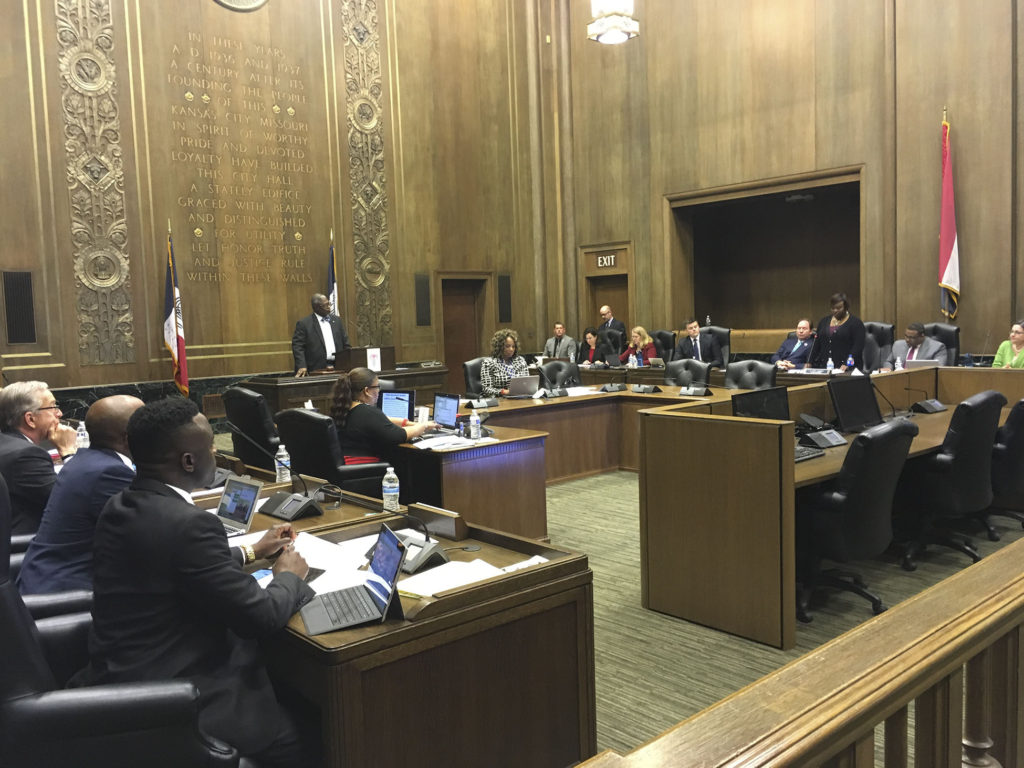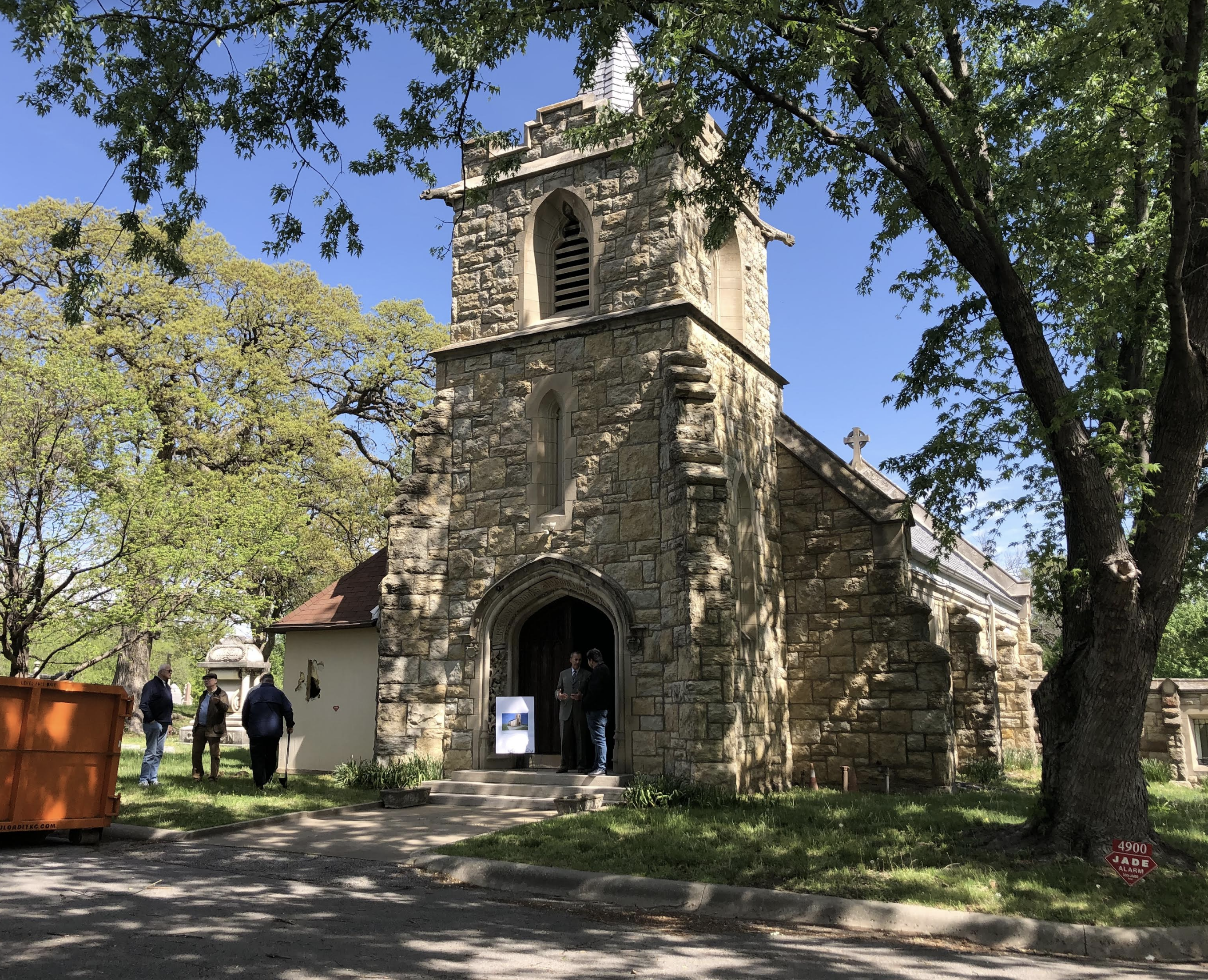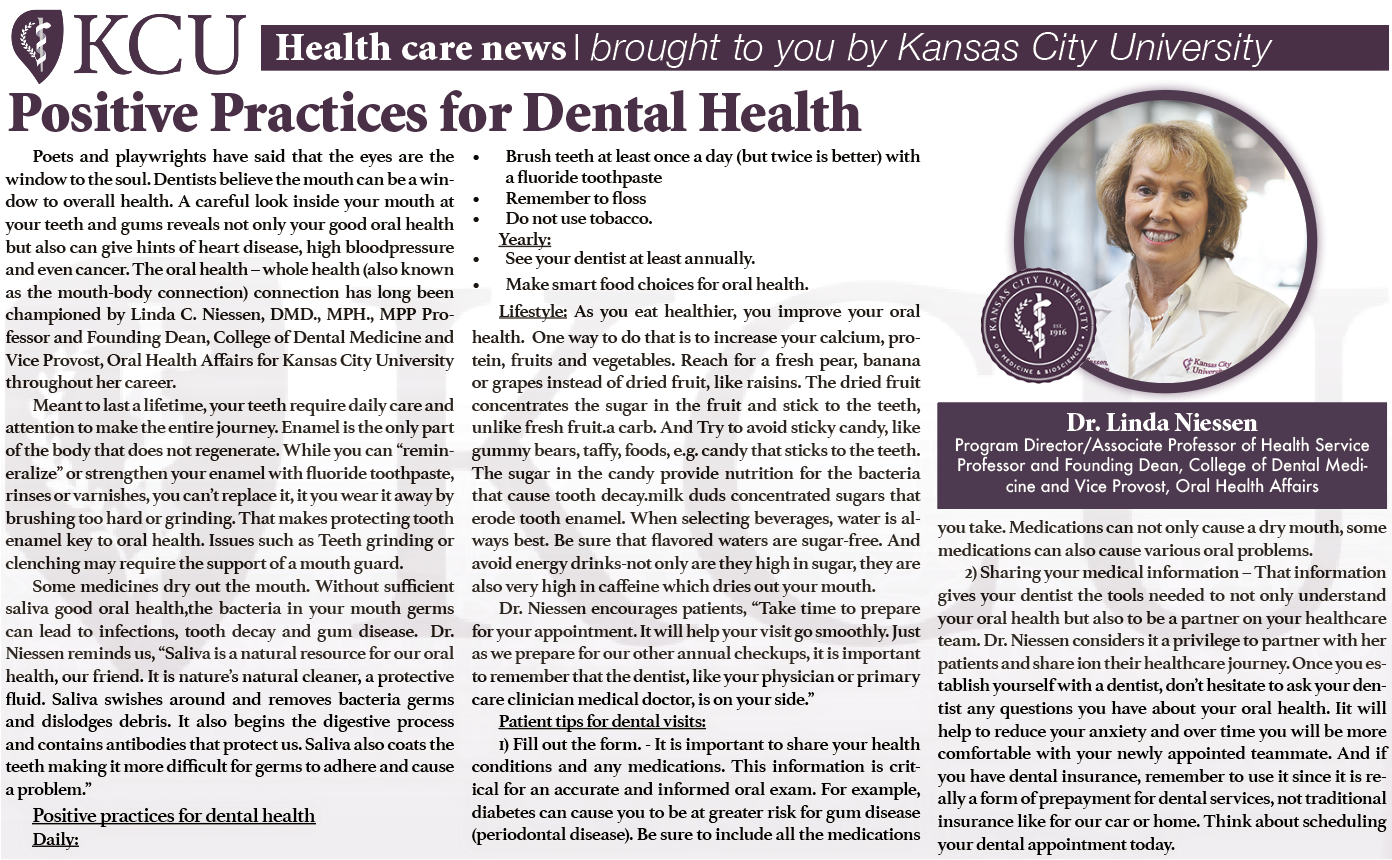Northeast News
January 20, 2017
KANSAS CITY, Missouri – The passage of a long-gestating $800 million General Obligation Bond ordinance was the highlight of an eventful day at City Hall on Thursday, January 19.
On the 43rd day of G.O. Bond debate for the City Council’s Finance & Governance and Transportation & Infrastructure joint committee, the group finally experienced a breakthrough during it’s 9:30 a.m. meeting. The meeting began tersely, with Mayor Sly James deriding the Council for leading him into a game of Whack-a-Mole during the G.O. Bond negotiations. Joint committee co-chair Jermaine Reed responded that it was the Council’s prerogative to adjust the measure as needed to establish a consensus among its members.
“We have the right as council members to make suggestions and alterations right up until the final vote,” said Reed.
Despite the early jabs, the joint committee quickly embraced a spirit of compromise as they shaped a proposal that would go on to earn unanimous approval from the Council during its regular meeting later in the day. Though the request for taxpayer approval of a modest annual property tax increase to support the issuance of $800 million in General Obligation Bonds remained unchanged, the breakdown of funding for the three questions destined for the April election ballot were altered in the compromise. What was unanimously passed by the full Council is as follows: $600 million for streets, bridges and sidewalks (Question 1); $150 million for flood control (Question 2); and $50 million for public buildings (Question 3).
The Council also managed to come to an agreement regarding the language of the accompanying Resolution (No. 160951), which details specific projects set to be prioritized by the bond package if its approved by voters on April 4. One big compromise within the Resolution revolved around sidewalks, which at one point were expected to get $300 million from the bond package. By the final vote, however, the Resolution dictated that no more than $150 million of the $600 million dedicated in Question 1 could be allocated to sidewalk projects. Even that figure was unsure until the 11th hour, as 5th District Councilman Lee Barnes Jr. proposed a plan as late as the morning of Jan. 19 that would allocate only $120 million for sidewalks. Under the Barnes proposal, the $120 million would be split evenly between the six council districts. That plan, however, was a deal-breaker for some Council members.
“Here’s the deal: this is the absolute most important thing to our residents, because this is what they see when they walk out of their house in the morning,” said Councilwoman Jolie Justus. “I can’t go down to $120 million; I can’t do it.”
Joint committee co-chair Scott Wagner assured meeting attendees that with the reduced $150 million figure, the city would be able to accomplish the sidewalk goals that were most important to Kansas City, Missouri taxpayers.
“What we’re looking at for sidewalks is to be able to do spot repairs without assessing people. That has driven people to not even call us when there is a problem. We want that to stop,” said Wagner. “We are actually working proactively to look at our sidewalk system.”
The Resolution individually names a variety of projects, including the flood control priorities that leverage federal funds for construction. Those flood control projects include Enshriner’s Lake/Brush Creek, Swope Park Industrial Area, Dodson Industrial Area, KC Levees, and Turkey Creek.
Also outlined in Resolution No. 160951 are the structures expected to benefit from the $50 million allocation for public buildings – the Kansas City Museum, KCMO City Hall, and the Swope Parkway Office Building are included, in addition to the proposed new Animal Shelter. The Resolution also lays out dozens of street repair projects that will make up the bulk of the bond package.
Once the Ordinance and accompanying Resolution passed out of the joint committee, City Council members and the Mayor alike began throwing their support behind the G.O. Bond proposal.
“This is a basic infrastructure project,” said 3rd District Councilman Quinton Lucas. “If you have a concern with problems that have been around for decades, we have a fix for it now. That’s what’s going on the ballot in April.”
“At the end of the day, this is in the best interest of the city as a whole,” added Mayor Sly James. “We need to always look at this city as one city, and be strategic about how we address its needs.”
During the full City Council session held later on the afternoon of Jan. 19, Council members acknowledged the substantial progress made during the course of the final week before the deadline to submit ballot language.
“Some of us may remember what this Resolution looked like originally; it was blank,” said 6th District Councilman Kevin McManus. “The blank has been filled in on the resolution in a big way. Exhibit A has 65 road projects that are all needed. This bond package, I think, has something for everyone.”
Councilwoman Justus succinctly concluded the Council comments regarding the G.O. Bond, noting that everyone conceded something to produce an ordinance that each could support.
“Sometimes, the only way you can make a deal is when everyone walks away from the table just a little bit upset,” she said.
Voters will get their opportunity to weigh in on the $800 million G.O. package on April 4, 2017. Each of the three ballot questions will need 57.1% of the vote for approval.
Other election-related items from the Jan. 19 City Council session:
Marijuana: An initiative petition to create a maximum fine of $25 for the possession of up to 35 grams of marijuana will go to voters on April 4, 2017. Though the Council had some issues with the ballot language, the measure had navigated the Neighborhoods and Public Safety committee in time to reach the ballot. The Northeast News reported on the marijuana legislation in our January 18 edition.
Minimum Wage: Though the item wasn’t submitted in time to be included in the the Jan. 19 docket, a late push was made on Thursday to include an ordinance calling for a $15 per hour minimum wage to be included on the April ballot. Councilman Reed put forth the ultimately unsuccessful measure, which would have needed nine Council votes due to its late introduction. The item received seven votes, from Councilman Reed, Quinton Lucas, Teresa Loar, Katheryn Shields, Lee Barnes, Jr., Alissia Canady, and Scott Taylor. Voting against the proposal were Dan Fowler, Heather Hall, Jolie Justus, Kevin McManus, Scott Wagner, and Mayor Sly James.
Streetcar/transportation: Two items related to transportation were on the docket, though neither will be included on the April ballot. The first is an initiative petition that would prohibit the City Council from planning for or implementing a fixed rail transit system or streetcar expansion without putting the issue to vote. The second is an initiative petition calling for a vote to enact two 25-year sales taxes totaling 3/8 of a cent that would support the extension of the streetcar system. The sales taxes would be utilized to support a fleet of electric buses. Both items are currently expected to be included on the August 8, 2017 ballot.




















Comments are closed.